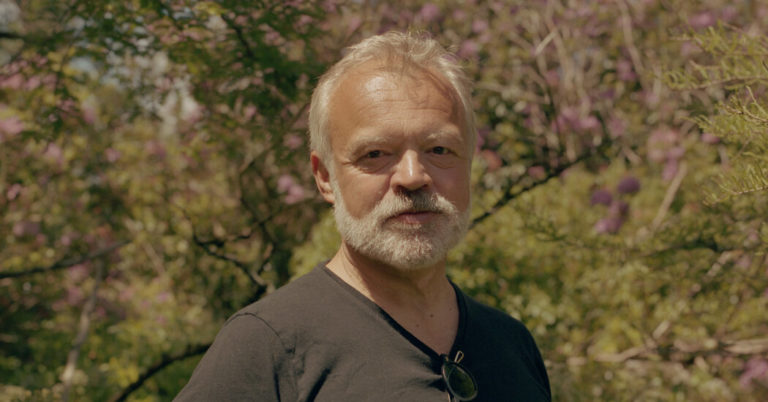

In the acknowledgments in “Home Stretch,” Norton thanks “all the people who stayed in Ireland to fight for the modern, tolerant country it has become.”
The book was meant at first to be about family reconciliation, but as it took shape, it also became about the transformation of a nation. “I realized that he was going to come back and see this new Ireland,” Norton said of his main character. “For a lot of people, it’s sort of bittersweet. You enjoy it, but you think, ‘Wow, I could have been part of this change.’”
His own reconciliation with Ireland, Norton said, came about in part because of how his family’s neighbors stepped in to help when his father died.
“When I was a young kid and someone died and everyone was going around to the house with the beer and cake and sandwiches, I would have thought, ‘Leave them alone,’” he said. “But when I was older, I thought, ‘This is amazing.’ When they come, they’re not just bringing sandwiches but stories about your father, and you’re seeing a fully rounded human being.”
“Home Stretch” is a different sort of book than the one he would have written as a younger man.
“If I had been writing books in my 20s, they would have been glib, cynical, harsh and funny in a kind of smart-arsey way,” Norton said. “Now that I’m telling stories in my 50s, there’s more empathy and more of a willingness to understand how characters can do certain things.”
He is intrigued by the notion that a story can continue after the storyteller closes the book. But he also likes a happy resolution, he said, and wanted “Home Stretch” to conclude not with revenge or punishment, but with redemption.
“I thought, ‘This has to be about forgiveness,’” Norton said. “It’s the only way the story can end.”